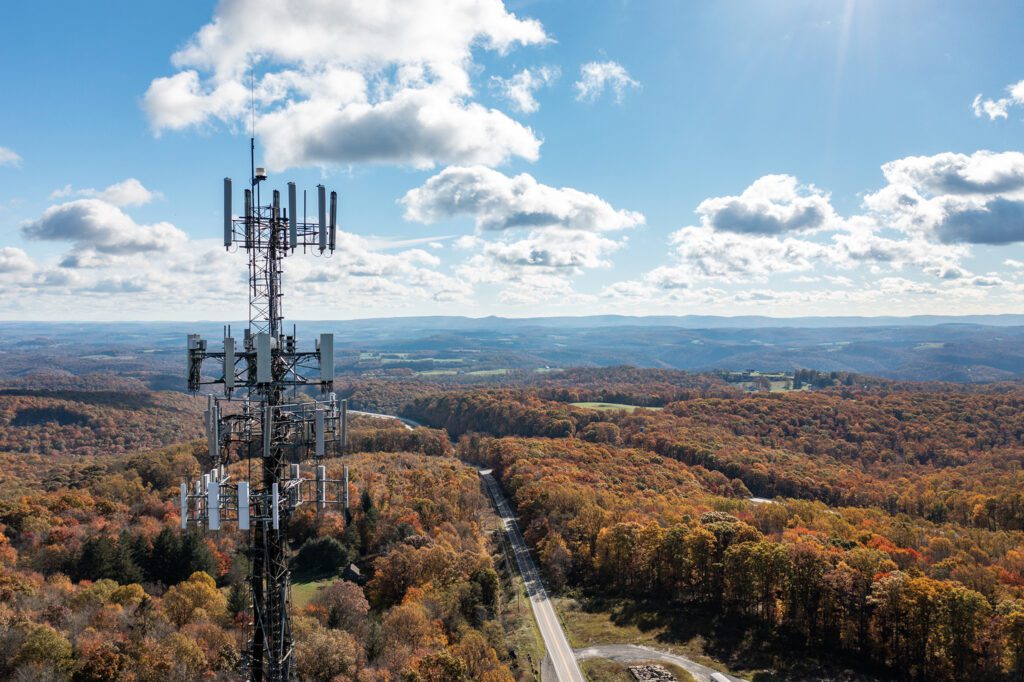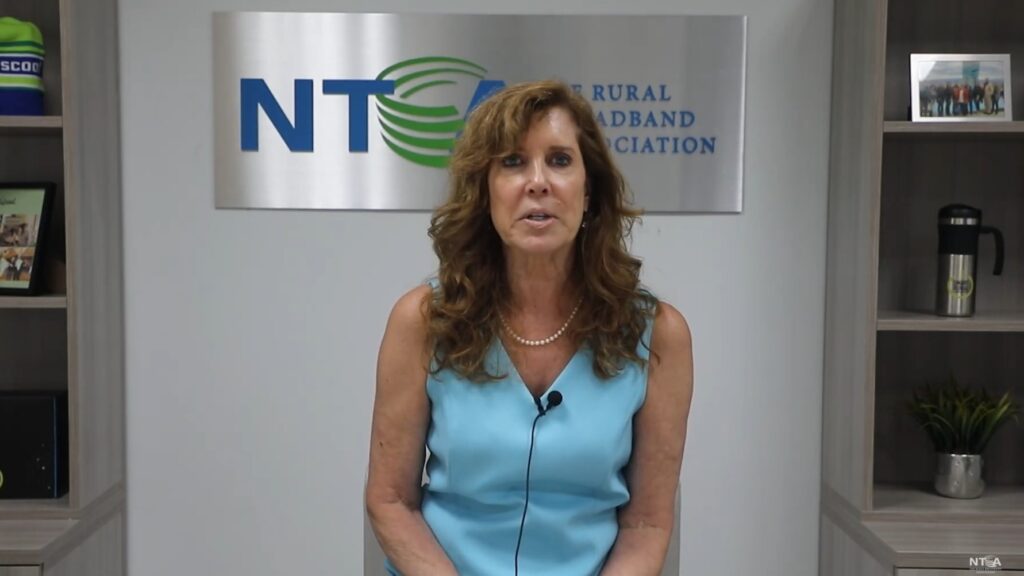Carr Announces Intention to Roll Back E-Rate Support for Off-Site Wi-Fi
Randy Sukow
|

Claiming that the FCC exceeded its authority a year ago, Chairman Brendan Carr declared this week that he is ready to reverse the Commission’s policy of using the universal service Schools and Libraries Fund (E-Rate) to support Wi-Fi hotspots outside of school and public library buildings. The FCC under Chairwoman Jessica Rosenworcel adopted the order by party-line 3-2 vote in July 2024.
Carr said he circulated a draft Order on Reconsideration reversing that action, as well as a draft Declaratory Ruling reversing a 2023 ruling that Wi-Fi installation on school buses and other off-campus mobile sites qualify for E-Rate. The policy also allows “lending” at-home Wi-Fi access to students and library patrons. Opponents of the two actions cite Section 254 of the Communications Act which limits E-Rate spending to “school classrooms and libraries.”
“During COVID-19, Congress passed a law that expressly authorized the FCC to fund Wi-Fi hotpots for use outside of schools and libraries. When that program ended, so did the FCC’s authority to fund those initiatives,” Carr said in a statement, noting he dissented from the policy during last year’s vote. “The FCC also failed to demonstrate that these funding decisions would advance legitimate classroom or library purposes.”
Carr distributed his statement together with a statement from Senator Ted Cruz (R-TX) applauding Carr’s draft documents. “The Biden FCC hotspot program endangered kids, duplicated existing federal funding, and violated the law. Kudos to Chairman Carr for moving to undo the Biden hotspot program and protect children, but now it’s time for Congress to step up and codify this change,” he said.
Cruz earlier this year won Senate passage of a resolution that would cancel the policy through the Congressional Review Act (CRA). However, the House of Representatives has yet to consider the resolution.
“This disappointing vote doesn’t need to become law if Congress considers how many constituents are benefiting and will benefit in the future from this program,” said Cindy Hohl, president of the American Library Association following the resolution’s Senate passage.
Several groups representing schools and public libraries have mobilized to support E-Rate hotspots. “The hotspot program is not a partisan program. In fact, schools and libraries in 46 of the 50 states have
submitted hotspot applications in the current E-rate application window,” a coalition of 32 groups said in a March letter to the Senate during the resolution debate.
Carr is likely to win 2-1 approval of the two drafts when they come up for a vote. Commissioner Anna Gomez supported the hotspot policy last year and, in a statement, said Carr’s “latest proposals will only widen the gap between those with access to modern-day tools and those left behind. We must all fight back against this level of cruelty and indifference by this administration.”


